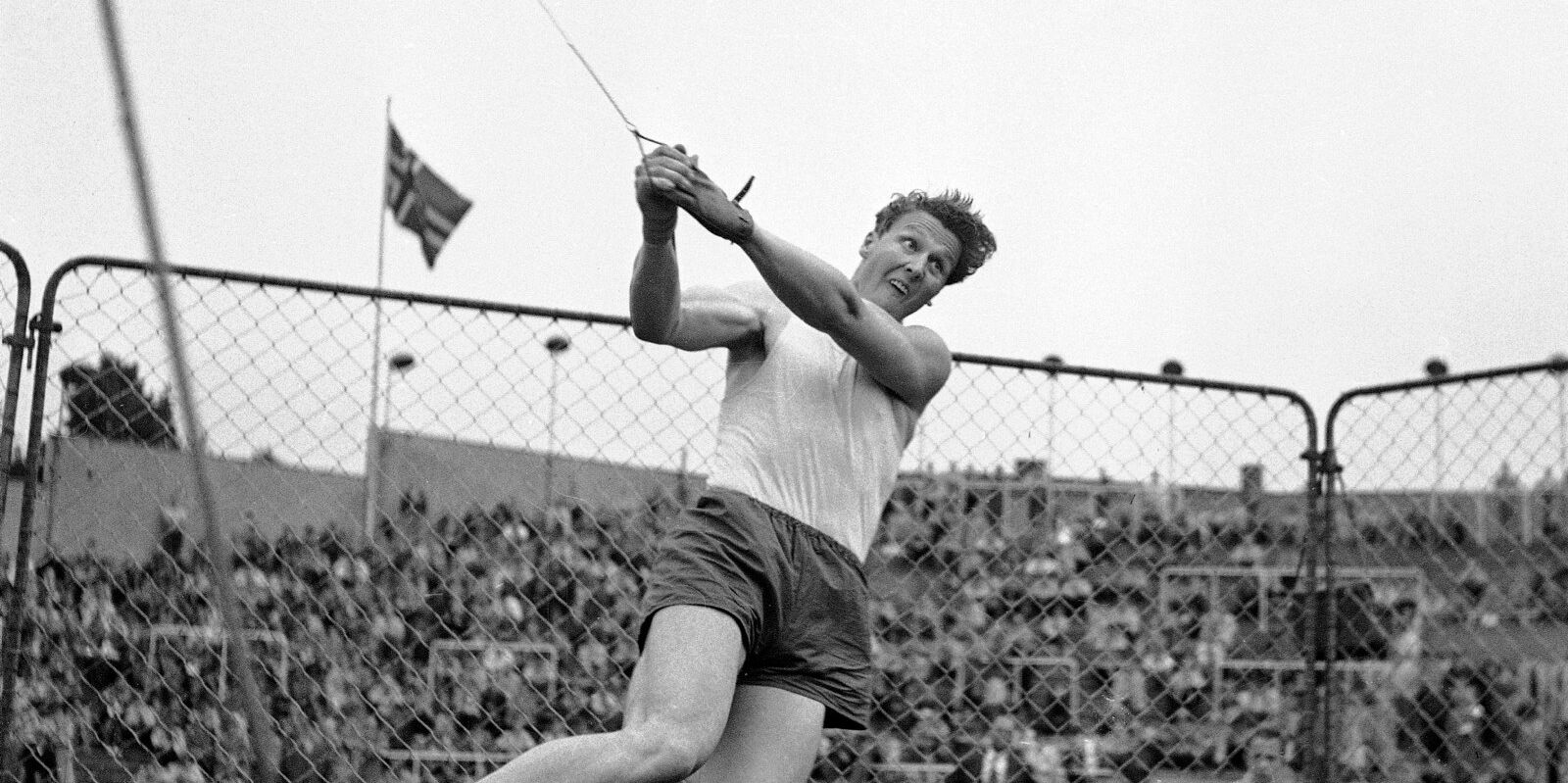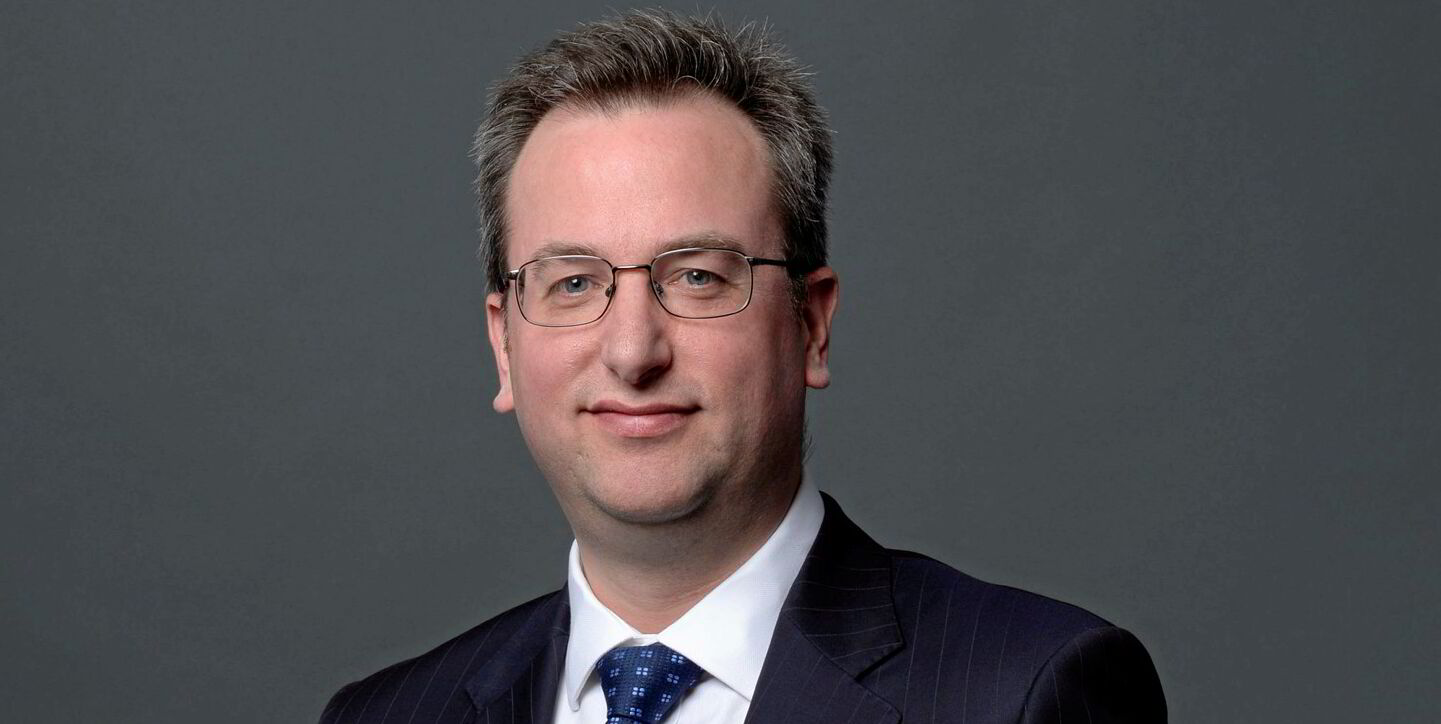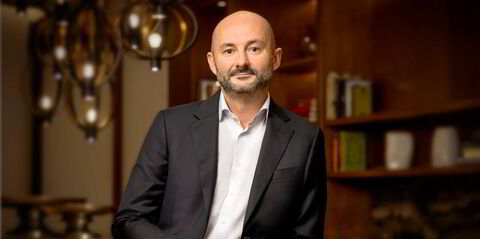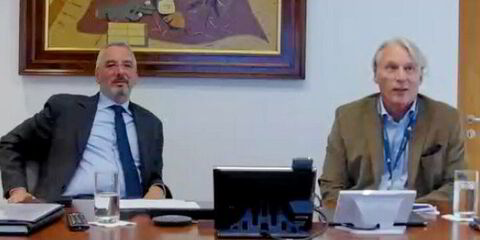At the age of 10, Rolf Thore Roppestad picked a biography off his parents’ bookshelf and read how an athlete from their village in southeast Norway plotted a course to become the conqueror of Europe.
Sverre Strandli was a fine all-round sportsman but wanted to become a champion.
In a rudimentary Norwegian version of the Moneyball strategy of later US baseball fame, Strandli analysed the data and the competition from different sporting disciplines to work out his best chance of success.
His research meant that he ditched running and jumping and focused on the technical and niche demands of hurling the hammer.
He went on to win gold at the European Athletics Championships in 1950, set world records and became a national sports hero.
The analogy of the hammer thrower in a crowded athletics arena is one that Roppestad — now CEO of the world’s biggest protection and indemnity club — often uses to describe how Gard has focused on what it does best to become the clear market leader in its field.
“We’re a global company based in a small town in Norway [Arendal] and with our resources it’s a little bit challenging to compete in the 100 metres, the 1,500 metres and the long jump,” he said.
“So what we do, we look at an insurance market, which is globally very big. We focus on only half a per cent of that market. So, it’s a little bit like being the hammer thrower among the track and field athletes.”
That focus has seen Gard crowned as king of the P&I jungle by broker Tysers in its latest annual report with gross written premiums of $1.18bn and one-fifth of its tonnage within the 12-strong International Group of P&I Clubs.
Its purchase of Danish insurer Codan this year has boosted its presence in offshore wind farms in northern Europe.
The deal bolstered its energy book and diversified its growing business to protect its marine book in volatile times — while remaining true to its hammer-throwing-first focus.
That means making further moves in marine-linked industries as its shipowner membership takes on new challenges, including with small-scale insurance of offshore fish farms.
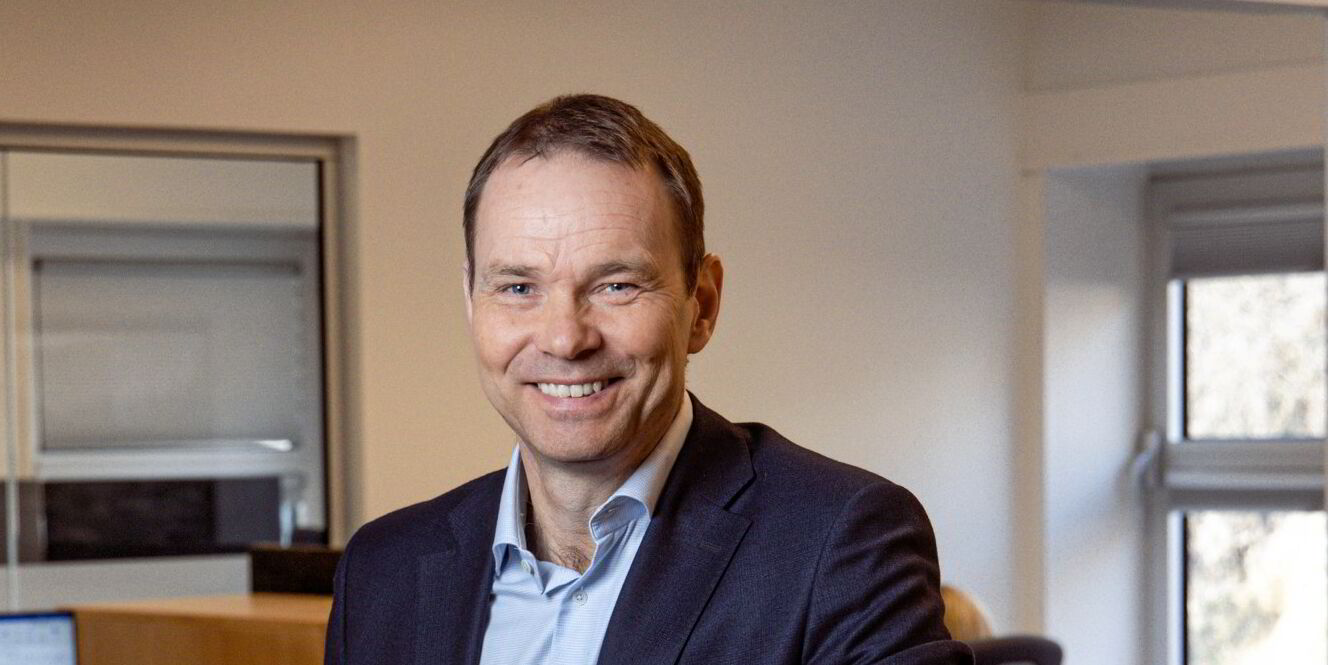
The election victory for climate change sceptic Donald Trump this week will affect the renewables sector. But with little exposure for Codan to the US market, that will be limited for Gard, said Roppestad in an interview at Gard’s London office.
On the flip side, the oil tanker sector will potentially receive a boost with Trump in charge, whose energy policy was summed up on the campaign trail with the slogan “drill, baby, drill”.
“It will have some impact for us but I don’t think it will dramatically change our role in society,” said Roppestad. “I think it will more be adjustments between existing business areas.”
Brokers have highlighted a growing disconnect between Gard and the other strongest members of the International Group and the smaller clubs.
While Gard’s free reserves — a key figure of financial strength — stands at nearly $1.5bn, the American Club has about $60m, according to Gallagher data.
But they both have the same responsibilities for the first $10m of any third-party claim, before reaching the threshold when claim payments are pooled between the clubs to ease the financial burden.
It's a system that has stood the test of time for the last 125 years and international society should really appreciate what we are doing.
Rolf Thore Roppestad
Roppestad dismissed suggestions that Gard is getting too big for the group, or that any of the club’s powerful members would ever consider going it alone outside of the group system.
“If one club, whether it is 5%, or 10%, or 20% should break out, it will not be the same. So this is very much about being in this together.
“It’s a system that has stood the test of time for the last 125 years and international society should really appreciate what we are doing.
“It’s a unique system which has to be developed and nurtured. We should always be fit for purpose, and we should also always adapt to the changing demands and requirements of society.”
He added: “I think the system will only work if it’s a system which captures the vast majority of the world fleet.”
But the dominance of the International Group has been eroded at the edges by hundreds of tankers leaving the group, owing to the compliance demands of the oil price cap imposed by the G7 group of countries.
G7-linked insurers can only cover Russian cargoes if they are transported below set price levels, aimed at limiting revenues to the Kremlin.
But nearly one in five tankers are now outside of the International Group umbrella, which allows them to legally haul sanctioned cargoes outside of the reach of G7 regulators.
“When we are talking about figures like around 20%, it’s not something we can neglect,” said Roppestad.
If the energy mix remains the same and exports from Russia remain at the same level, that trend of tankers leaving the group “will probably not be reversed, as long as the sanctions are in place”.
He added: “We’re in a situation where there is more protectionism, there are more regional initiatives, partly challenging some of the global institutions which we have seen for many years.
“And the development of the of the dark fleet is only one consequence of that.”
Read more
- P&I market leader Gard reveals premium rise after bumper results
- Houthis or harsh weather? Insurance claims spike after ships rerouted to avoid Red Sea danger zone
- Why some shipowners are staring down the barrel of insurance hikes next year
- Ship’s officer fined after flying drone over Norwegian port
- Fire alarm raised as container ships suffer streak of hard-to-tackle charcoal blazes
